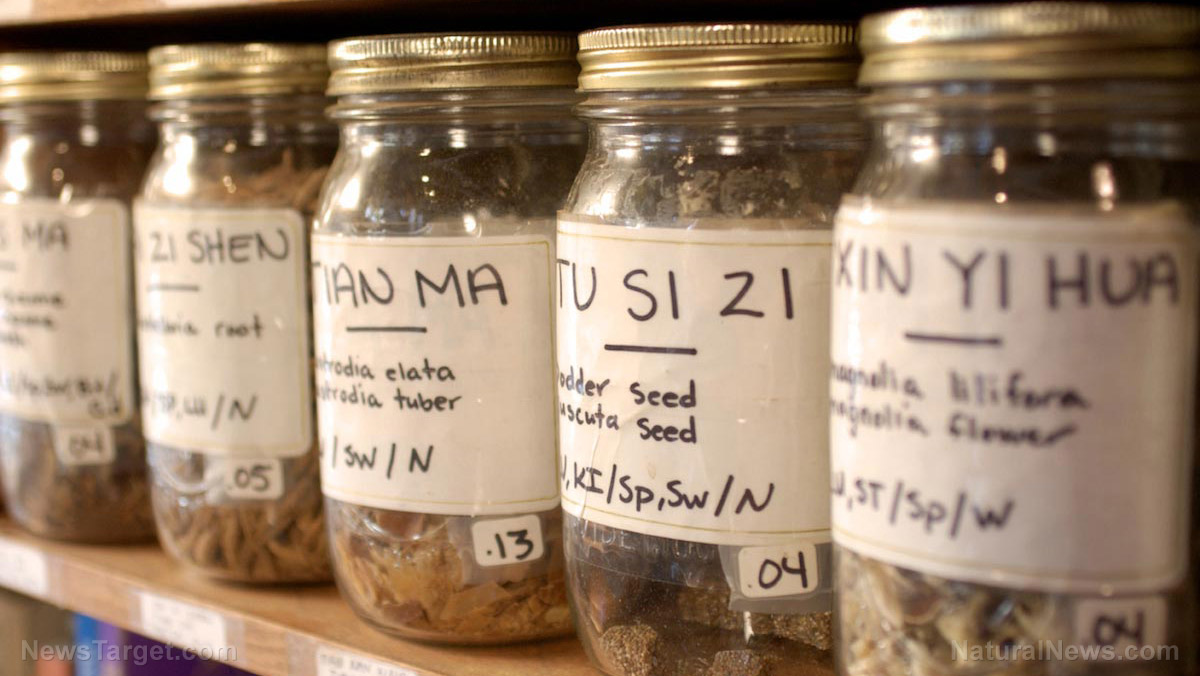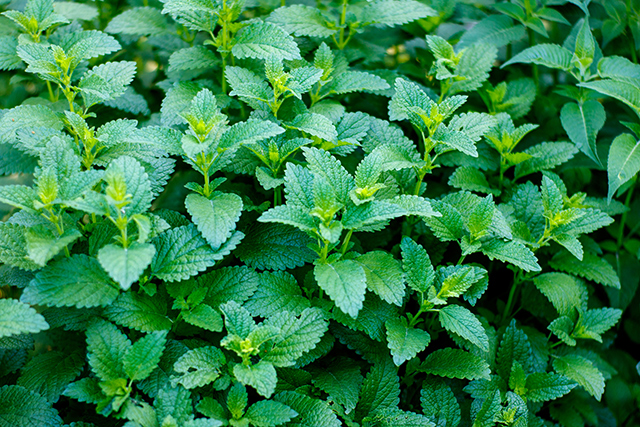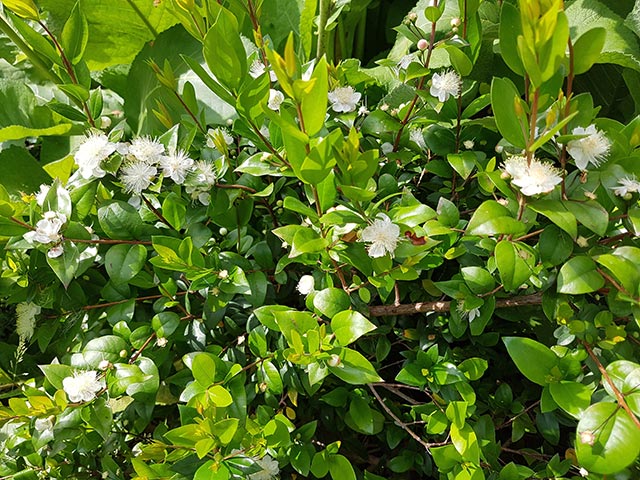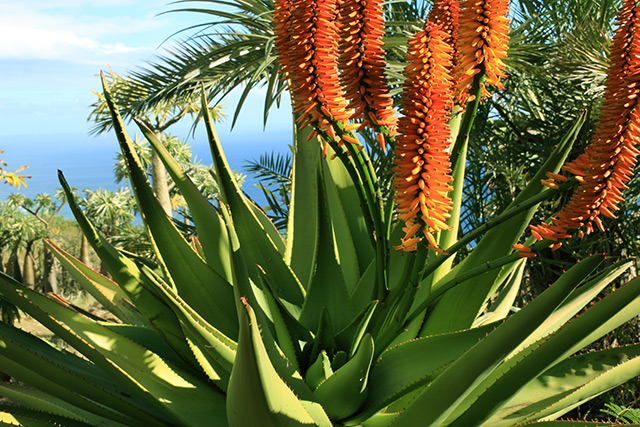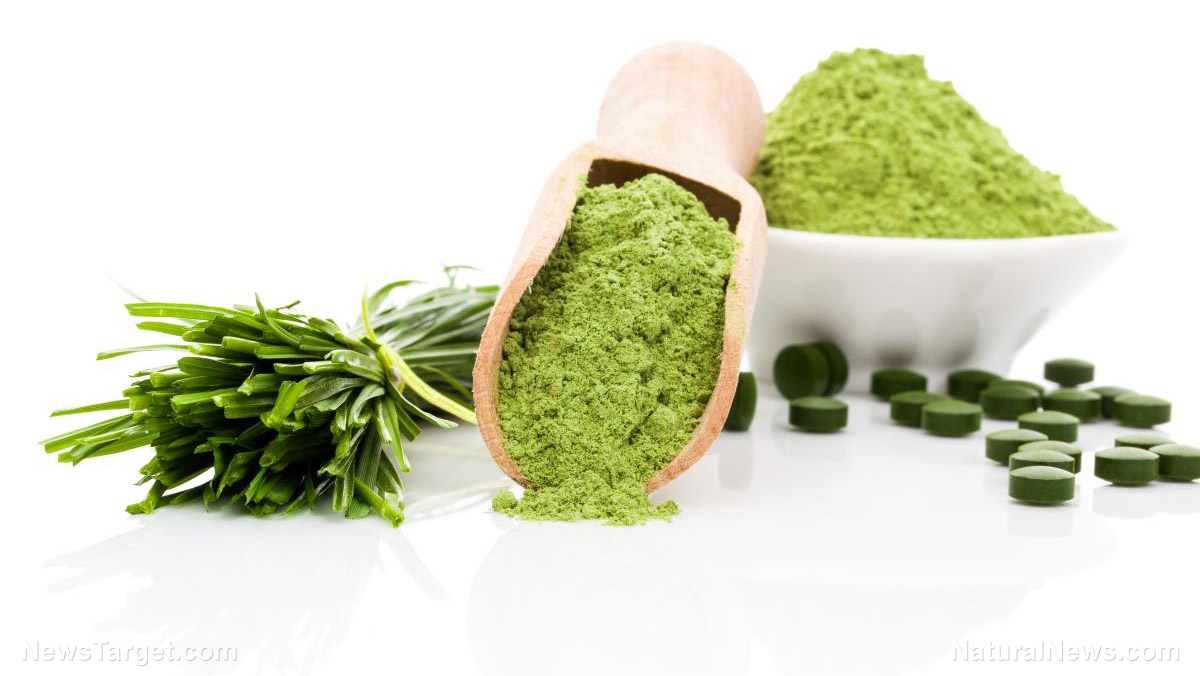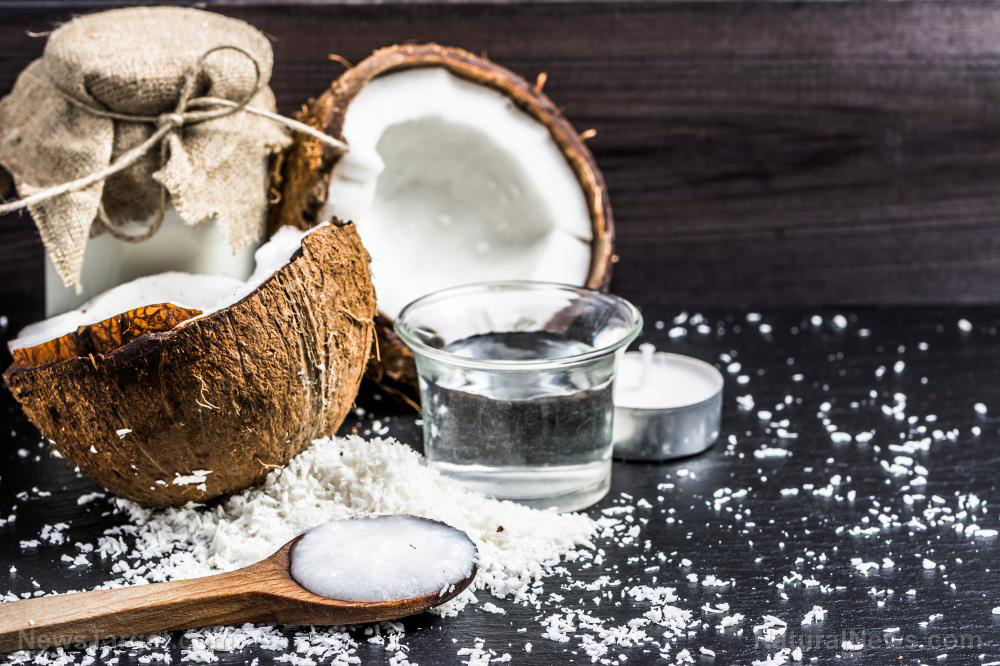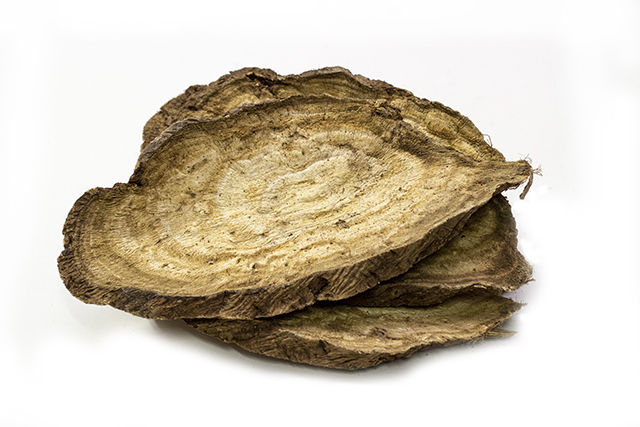The Pride of India, a beautiful flower from South Asia, found to strengthen the liver
10/24/2018 / By Ellaine Castillo
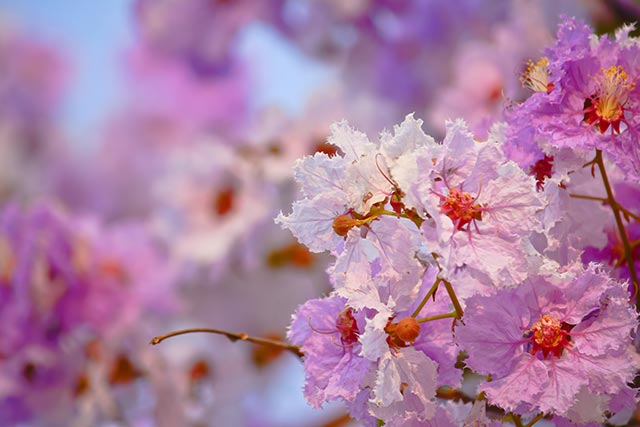
The liver is responsible for breaking down toxins that make their way inside the body. This makes the liver vulnerable to damage induced by these toxins and their byproducts. A study, conducted by researchers from University of North Bengal, has shown that extracts from the flowers of the Pride of India (Lagerstroemia speciosa (L.) Pers.) exhibits potential hepatoprotective properties.
Pride of India has been utilized as traditional medicine for diabetes mellitus, obesity, and fever. For the most part, it is the leaves of the plant that are utilized for these application. However, previous studies have shown that the bioactive compounds found in the Pride of India are not just found in its leaves. They are found in all the different parts of the plant. These bioactive compounds contribute to important medicinal properties, which include hypoglycemic, antibacterial, anti-inflammatory, antioxidant, and hepatoprotective properties. Although the hepatoprotective property of the Pride of India has already been observed, it has never been studied in extracts from the plant’s flowers.
Hepatoprotective potential of a plant goes hand-in-hand with its antioxidant activity. When there aren’t enough antioxidants in the body, reactive oxygen species build up, leading to oxidative stress. The liver, as previously mentioned, breaks down harmful substances in the body, including these reactive oxygen species. This is why oxidative stress can cause a lot of damage on the lipids, proteins, and DNA in the liver.
In this study, which was published in BMC Complementary and Alternative Medicine, the researchers identified the in vitro antioxidant activity and in vivo hepatoprotective activity of ethanol extracts derived from the Pride of India’s flowers. Antioxidant activity was determined based on the total phenolic and flavonoid content, as well as free radical scavenging activity, reducing power, and chelation activity of the extracts. Results of these tests showed phenols and flavonoids were present in the petals. In addition to this, the researchers also observed that antioxidant activity of the extracts worked in dose-dependent manner.
100% organic essential oil sets now available for your home and personal care, including Rosemary, Oregano, Eucalyptus, Tea Tree, Clary Sage and more, all 100% organic and laboratory tested for safety. A multitude of uses, from stress reduction to topical first aid. See the complete listing here, and help support this news site.
For the in vivo hepatoprotective activity, mice with carbon tetrachloride (CCl4)-induced damage were used. CCl4 is a chemical commonly used for inducing oxidative stress and hepatic damage in animal models. The results showed that petal extracts are not toxic, up to the highest dosage tested, which was 1500 mg/kg. Results also showed that weight loss and liver tissue damage associated with CCl4-induced oxidative stress was not observable in mice treated with the petal extracts. In addition to these, enzymatic markers, which increased in CCl4-treated mice, was shown to decrease when petal extracts were given.
Overall, these results show that extracts from the petals of the Pride of India have phytochemicals that are potential antioxidant and hepatoprotective agents. These compounds work together by reducing free radical-induced liver damage. (Related: Early signs of liver damage that everyone should know.)
Other hepatoprotective herbs
Aside from the Pride of India, the following herbs have also shown hepatoprotective potential:
- Ginger – Like the Pride of India, ginger is also rich in antioxidants that prevent toxins from building up and damaging the liver. Ginger can be consumed in the form of tea or by adding it to foods like curry or casserole.
- Garlic – The sulfuric compounds in garlic stimulate the liver to produce enzymes for detoxification. In addition to this, garlic also contains antioxidants. The hepatoprotective activity of garlic is especially seen in patients with alcohol-induced liver damage. Eat garlic raw or use it as oil to enjoy these benefits.
- Turmeric – Turmeric contains curcumin, which has been shown to prevent hepatic lipid accumulation by reducing cholesterol and triacylglycerol levels. Additionally, curcumin also works by increasing antioxidant levels. Turmeric is commonly used as a condiment and researchers suggest taking it with black pepper to aid in its absorption.
Find more medicinal plants that protect the liver at Health.news.
Sources include:
Tagged Under: alternative medicine, antioxidant, Hepatoprotective, herbal medicine, Lagerstroemia speciosa, liver disease, liver health, natural cures, natural medicine, phytochemicals, plant cures, Pride of India


